Search Results
Showing results 1 to 20 of 30

Water Clean-up
Source Institutions
This is an activity (located on page 3 of the PDF under Water Clean-up Activity) about the use of reduction agents to decontaminate ground water.

Dunking the Planets
Source Institutions
In this demonstration, learners compare the relative sizes and masses of scale models of the planets as represented by fruits and other foods.
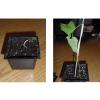
What's Hiding in the Air?: Acid Rain Activity
As a model of acid rain, learners water plants with three different solutions: water only, vinegar only, vinegar-water mixture.
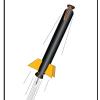
Foam Rocket
Source Institutions
In this activity, learners work in teams build and launch rubberband-powered foam rockets.
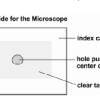
Making Regolith
Source Institutions
This lesson will helps learners answer the question: How does the bombardment of micrometeoroids make regolith on the moon?
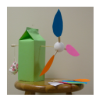
Wind Works!
Source Institutions
Learners will build and experiment with their own windmills made from simple household materials.
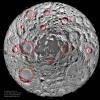
Shapes and Angles
Source Institutions
In this activity (page 7 of PDF), learners will identify the general two-dimensional geometric shape of the uppermost cross section of an impact crater.
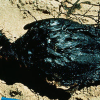
Ocean in a Bottle
Source Institutions
In this activity, learners consider how oil spills behave in the ocean and what impact they have on marine wildlife.
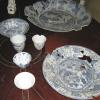
Treasures in the Rough
Source Institutions
In this archaeology activity, learners make observations and conduct an experiment to demonstrate the effect saltwater has on artifacts.

Dip Dip, Hooray
Source Institutions
Lakes, streams and other freshwater bodies are a habitat for lots of living things, big and small.
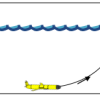
Exploring the Ocean with Robots
Source Institutions
In this activity, learners are introduced to robotic submarines called gliders. Learners make “gliders” from plastic syringes and compare these to Cartesian bottles and plastic bubbles.
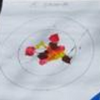
Moon's Long History: Impact Paintings
Source Institutions
In this activity, pairs of learners model how scientists use craters to determine the ages of lunar surfaces. One partner keeps time while the other creates a painting for the other to interpret.
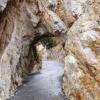
Weathering and Erosion
Source Institutions
In this activity (page 13 of the PDF), learners discover how weathering and erosion change the Earth’s surface.
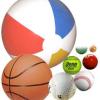
Size, Mass, Area, and Volume
Source Institutions
In this activity (page 23 of PDF), learners conduct an experiment to determine how the size and mass of a projectile affects the area and the volume of an impact crater.
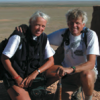
Paleontologists: Can You Dig It?
Source Institutions
In this activity, learners explore the work of paleontologists.
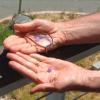
Exploring Ultraviolet (UV) light from the Sun
Source Institutions
In this outdoor activity, learners explore UV rays from the Sun and ways to protect against these potentially harmful rays.
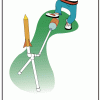
Pop! Rocket Launcher
Source Institutions
In this activity, learners construct a simple air pressure launcher for paper rockets.

Salt Water Revival
Source Institutions
In this outdoor activity, learners visit the intertidal zone of a rocky coastal site well populated with marine organisms.
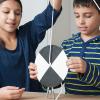
Clear Water, Murky Water
Source Institutions
How do scientists measure how clear or murky water in a lake is? How does water clarity (clearness) affect what lives in the lake?
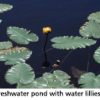
Freshwater Ecosystems
Source Institutions
In this activity, learners create a freshwater ecosystem in a large plastic bottle. Learners cut and prepare bottles, then fill with water, aquatic plants, snails and fish.
